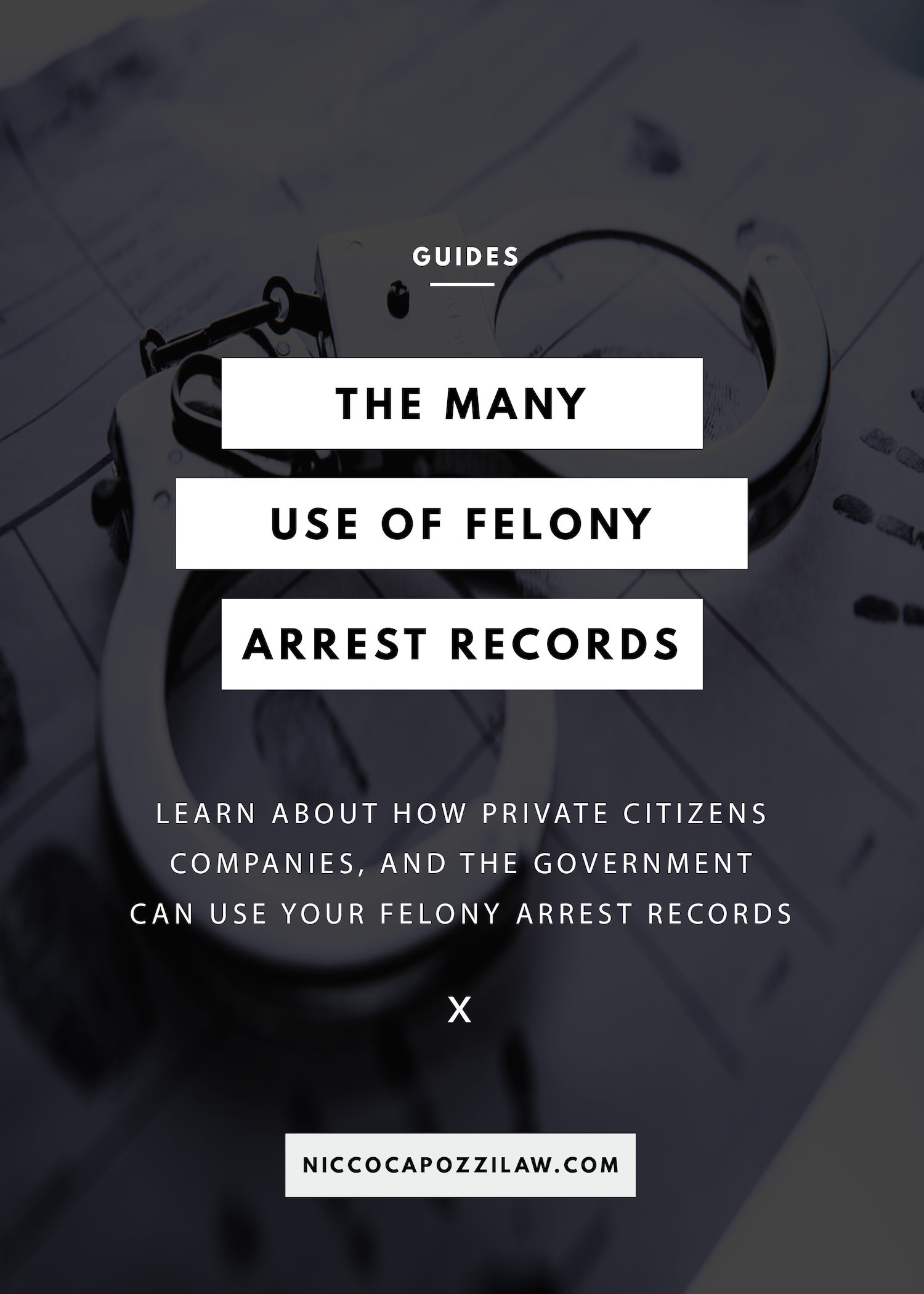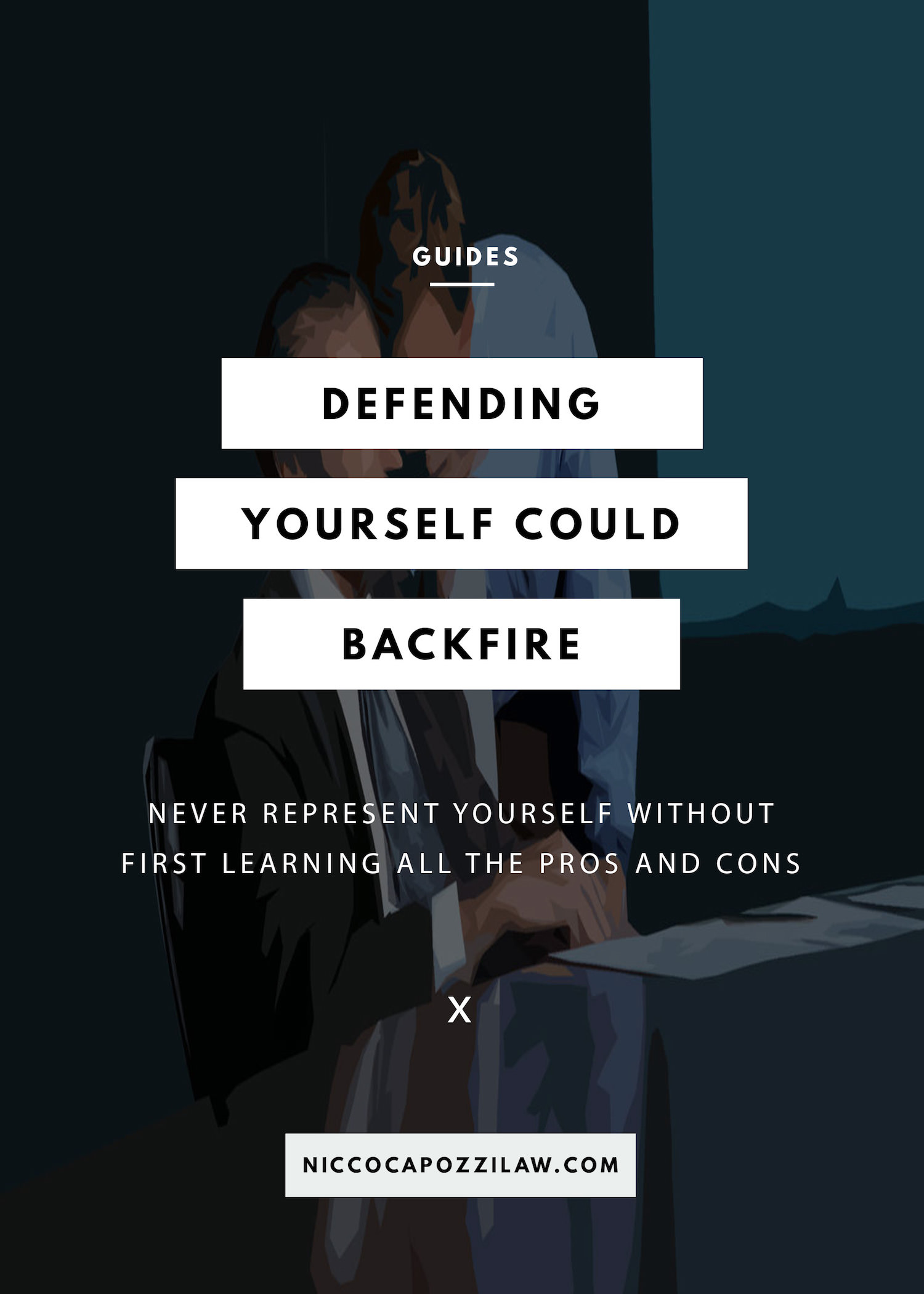If you've ever applied for a job or filled out a housing application, you've likely encountered the question, "Have you ever been arrested for or convicted of a criminal offense?" Those with an arrest or conviction in their past can have a harder facing some of those usual life changes. One way to make the process easier is to get your record expunged. But what does that mean exactly?
What is expungement?
An expungement basically removes your criminal conviction from your record. Once the expungement process is complete, you can legally answer "no" to "Have you ever been convicted of a crime" unless another conviction occurs.
How does it work?
Each state determines whether criminal records can be removed and how to go about doing it. Look to the state in which the arrest or conviction occurred for more specific details.
- Arrests and convictions that are the most commonly expunged in the United States are juvenile crimes, drug cases and first offenses, including misdemeanors.
- A felony conviction can be harder to expunge, and some felonies, such as rape or harming a minor, usually cannot be cleared from your record.
If Expungement Isn't Possible
Some states offer options such as certificates of rehabilitation or certificates of relief, which offer an alternative to expungement. Another alternative is an executive pardon, which some governors and occasionally the president use to help convicts get their rights restored.
In the end, expungement isn't a guarantee that your background check will come up clean. Inaccurate background checks have lost some people their jobs and block others from getting the jobs they want.






